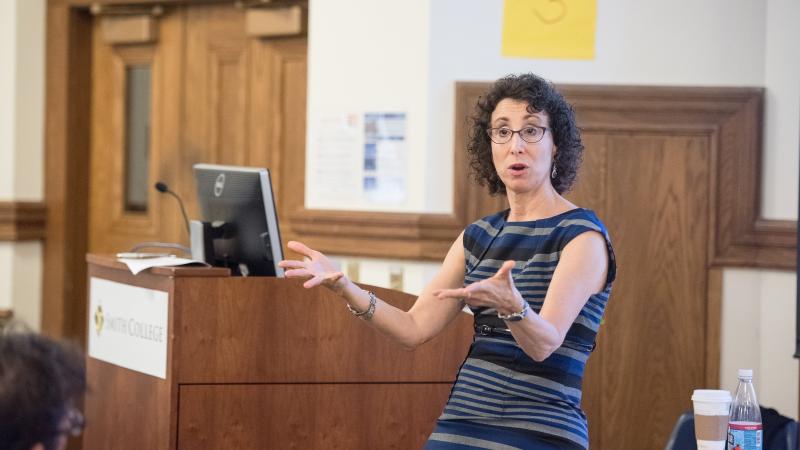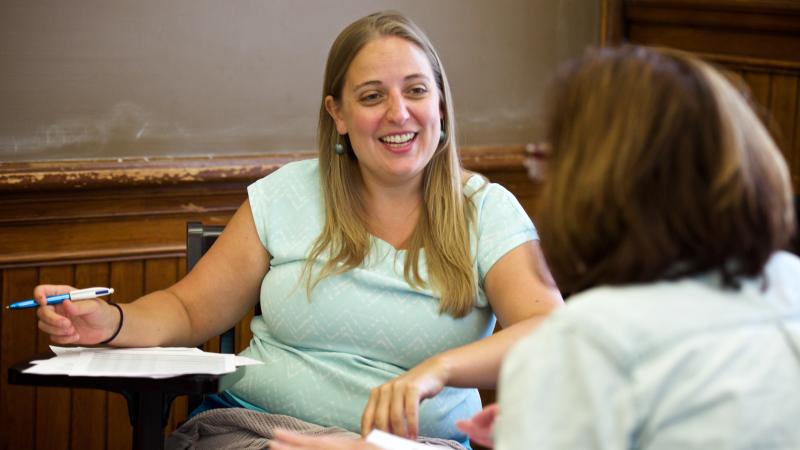Recorded webinars are online courses that you can watch in the comfort of your own home.
- You may view all available courses or explore by category. Once you have reviewed the list of available courses, please complete the registration form to register. Courses typically cost between $25-35. There is also a $5 registration fee.
- Once you register, you will receive an email with an enrollment key for each course and instructions for creating an account on SmithOnline.
- To complete the course, sign in to SmithOnline and enroll in each course by entering the enrollment key.
- To receive CE credit you must complete the course evaluation, post-test and submit your attestation.
You have 30 days from the time of enrollment to complete your course.
Forgot your username/password? Visit our online lost password page. You will receive email instructions on how to reset your password. If you are experiencing technical difficulties, please contact sswpe@smith.edu.
Continuing Education Credits for recorded online courses are designated as self study CEs. Please review your state requirements regarding asynchronous learning.
Creating Your SmithOnline Account
- Visit SmithOnline and complete the form using your email address as your username. Passwords must be at least 12 characters long.
- When you have completed the form, click on the button that says: “Create my new account.”
- An email with the subject line “SmithOnline: account confirmation” will be sent to the email address used to create your account. Follow the instructions in the email and click on the link in the email to finish creating your SmithOnline account.
Logging in to SmithOnline
Once you have created your account you can access SmithOnline.
- Visit smithonline.smith.edu/login
- Enter your username (email address) and password in the boxes on the left hand side
- Click the button that says log in and you will enter SmithOnline
Registering for Courses
- View all available courses or courses by category.
- Once you have reviewed and selected your courses complete the registration form
- You will receive an email that contains the enrollment key(s) you will need after you complete and submit the registration form
Accessing Courses You Are Registered For
- Log in to SmithOnline.
- Once logged in, click on “SSW Professional Education Online Course” under course categories. Make sure you have the email sent to you by Smith College SSW Professional Education with the subject line “How to access your Smith SSW Online Course(s)."
- Select your course and enter the enrollment key found in your email.
- Click on the button that says Enroll Me.
- You are now enrolled and ready to begin! You will have 30 days to complete your course(s). (You do not need to complete your course(s) in one sitting.)
Explore Recorded Webinars


